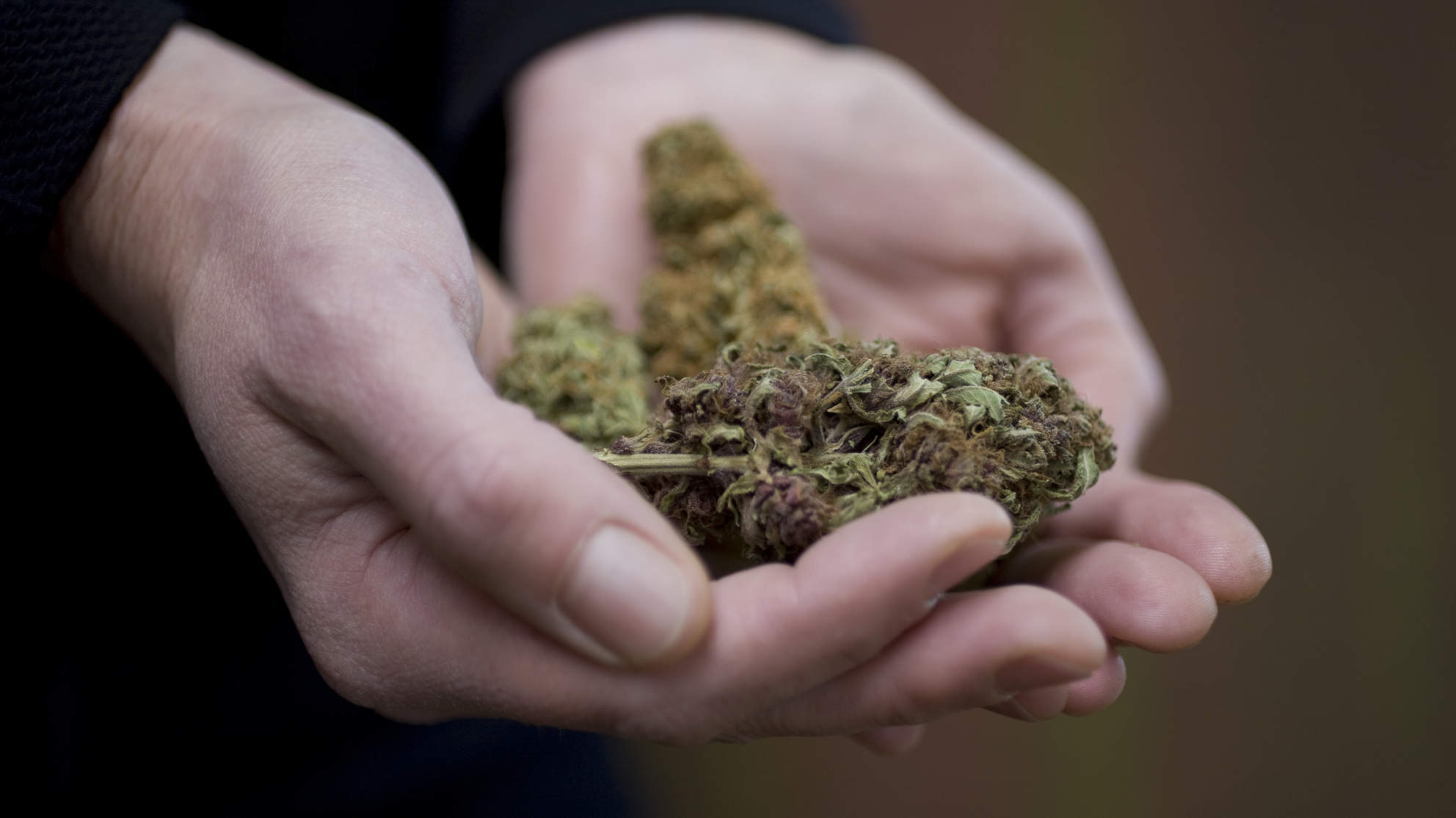Smoking marijuana has been linked with heart problems, but in a surprising new finding, researchers now say the drug may have benefits for people with heart failure.
However, the researchers stress that they do not currently recommended that heart failure patients use marijuana.The researchers found that, among patients with heart failure — when the heart muscle can’t pump enough blood to meet the body’s normal demands — those who used marijuana were less likely to experience a complication called atrial fibrillation, or “A-fib,” a type of irregular heartbeat that can worsen heart failure symptoms.
This finding was unexpected — the researchers had hypothesized that marijuana use would be linked with an increase in health complications for patients with heart failure.
But the researchers say it’s much too early to recommend marijuana for heart failure patients. Because the study is the first of its kind to find a link between marijuana use and a reduced likelihood of A-fib among heart failure patients, more studies are needed to confirm the results, Adegbala said. [25 Odd Facts About Marijuana]
A-fib can be both a cause and a consequence of heart failure, and the two conditions often occur together, according to a 2015 review paper. Patients with both heart failure and A-fib have a poorer prognosis, and an increased risk of early death, than those with either of the conditions alone.
A few small studies (including individual case reports) have found a link between marijuana use and the development of A-fib. Adegbala and colleagues decided to explore this link further by examining a large database of hospitalized patients in the United States. They analyzed information from more than 6 million patients admitted to the hospital with heart failure between 2007 and 2014. Of these, about 1,200 used marijuana and were dependent on the drug; about 23,000 used marijuana but were not dependent on it.
They found that nondependent marijuana users were 18 percent less likely, and dependent marijuana users 31 percent less likely, to experience A-fib, compared with patients who didn’t use marijuana.
In addition, nondependent marijuana users were 46 percent less likely, and dependent marijuana users 58 percent less likely, to die in the hospital, compared with those who didn’t use marijuana.
The findings held even after the researchers took into account factors that could affect the results, such as people’s age, socioeconomic status and use of other drugs. It’s possible that previous studies found a link between marijuana use and an increased risk of A-fib because these studies weren’t able to take into account people’s use of other drugs, such as alcohol, that could increase the risk of A-fib, Adegbala said.
It’s not clear how marijuana might lead to a reduced risk of A-fib and mortality among patients with heart failure, Adegbala said. Studies in animals suggest that activation of cannabinoid receptors (which are found throughout the body and are activated by compounds in marijuana), may reduce high blood pressure and atherosclerosis, which are both risk factors for A-fib, Adegbala said. In addition, some studies have found that cannabidiol, a compound in marijuana, may reduce inflammation in the body, which is also a risk factor for A-fib, he said.
Still, more research is needed to explore how marijuana may reduce the risk of A-fib in heart failure patients, and exactly which components of marijuana are responsible for this effect, Adegbala said.
The new study has not yet been published in a peer-reviewed journal.
credit:Livescience.com

